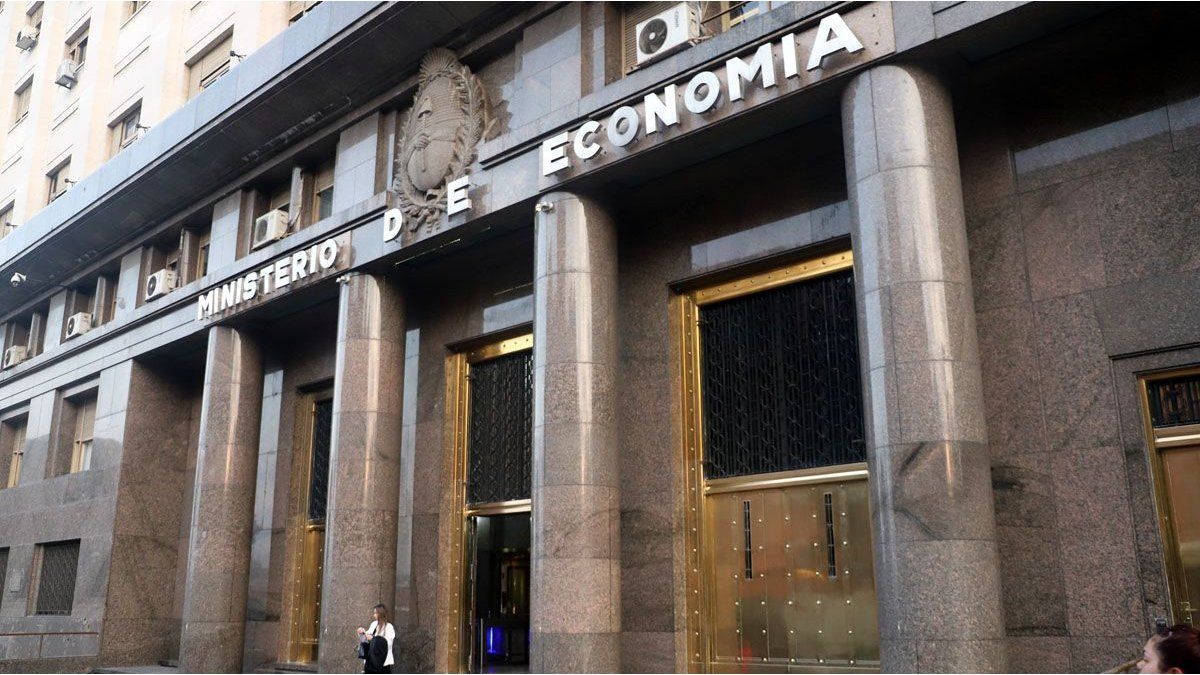After the compromise in the US debt dispute, the deal has to go through Congress – a vote in the House of Representatives is imminent. There Republican McCarthy must prove that his party is behind him.
The vote on the compromise to avert a state bankruptcy in the USA will be a test for the Republican chairman of the House of Representatives, Kevin McCarthy.
Yesterday evening, the responsible committee cleared the way for a vote on the cross-party agreement in the House of Representatives – however, two of the nine Republicans in the body opposed the project. The draft is now expected to be debated this afternoon (local time), followed by a vote. McCarthy faces opposition from radical members of his party.
Deadline June 5th
Democratic US President Joe Biden and McCarthy sealed the agreement over the weekend. This was preceded by weeks of tough negotiations between the two parties, which even prompted Biden to cancel trips abroad. The bill must be passed in both chambers of Congress – first the House of Representatives and then the Senate – and signed by the President as soon as possible, so that the US government does not run out of money. US Treasury Secretary Janet Yellen recently warned that the bankruptcy could occur on June 5th.
McCarthy was only elected chairman by his group at the beginning of the year after a historic election chaos. This had greatly weakened his position. He had had to make far-reaching concessions to a small group of MPs in the election. This includes the fact that in the future a member of parliament will be able to initiate a vote of no confidence against the chairman of the House of Representatives. Many Republicans, especially those from the ultra-conservative Freedom Caucus, have been expressing their dissatisfaction with the agreement with the Democrats since the weekend.
Radical right want to vote no
MP Dan Bishop even brought up a vote of no confidence in McCarthy yesterday. Other radical party members did not go quite as far – but made it clear that they intended to vote against the bill. The savings in the compromise do not go far enough for them. “The Republicans have been outwitted by a President who can’t find his pants,” etched Republican Nancy Mace, alluding to Biden’s old age – 80 years. Other right-wing MPs called on their party colleagues to vote no.
It is considered unlikely that the draft law will fail in the parliamentary chamber. McCarthy’s Republicans only have a slim majority there – but the chairman should be able to count on the votes of a number of Democrats. Still, there is a lot at stake for him. He needs to get the broadest possible majority in his party behind him in order not to come out of the vote completely weakened. If he was dependent on a particularly large number of votes from the Democrats because his party colleagues opposed him, a revolt within the party cannot be ruled out.
Also left against the deal
“This will be the biggest debt reduction in history,” Republican and McCarthy confidante Elise Stefanik praised the agreement at a press conference yesterday evening (local time). Statements of this kind should not taste good to many Democrats. It is assumed that a number of left-wing Democrats will vote against the plans. They complain, for example, about the savings in social programs that the compromise provides for. Some also maintain that Majority Leader McCarthy’s job is to gather the necessary votes.
The compromise is intended to effectively freeze the size of the federal budget, which the Democrats under Biden actually wanted to increase. The budgets of many federal agencies and ministries would be adjusted for this. The Republicans were also able to enforce that recipients of certain social benefits must prove a job. The Democrats actually wanted to increase state revenues by taxing the rich more heavily. The Republicans opposed it.
Source: Stern
I have been working in the news industry for over 6 years, first as a reporter and now as an editor. I have covered politics extensively, and my work has appeared in major newspapers and online news outlets around the world. In addition to my writing, I also contribute regularly to 24 Hours World.




